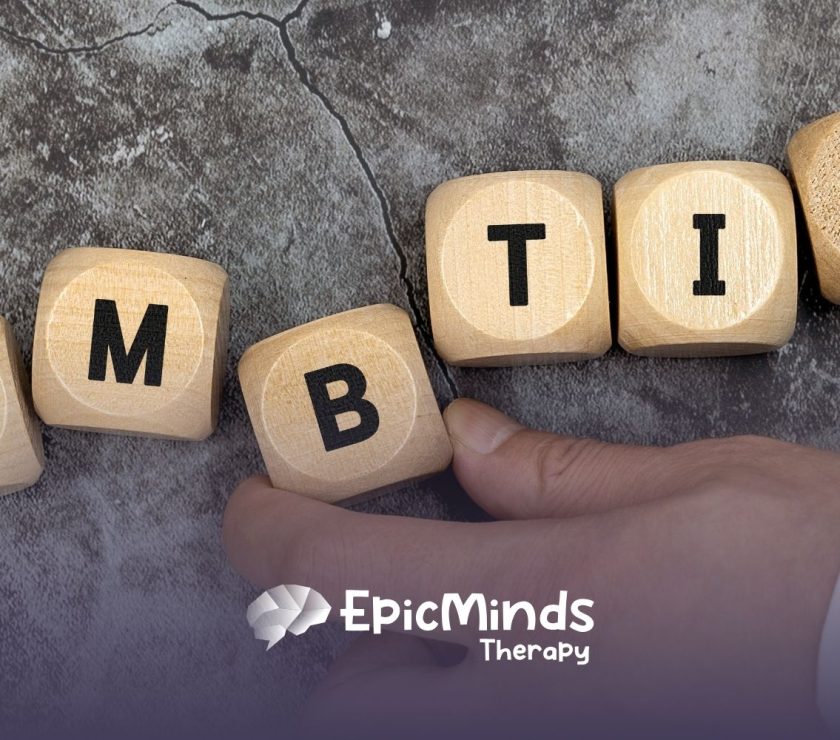If you’ve ever come across the word allistic and wondered what it means, here’s the simple answer: an allistic person is someone who is not autistic.
That’s it. The term helps describe people outside the autism spectrum in a respectful and accurate way — without using words like “normal.”
Understanding Allistic vs. Autistic
The word allistic comes from the Greek word allos, meaning “other.” It was created by members of the autism community to make conversations about neurodiversity more inclusive.
When we talk about autistic and allistic people, we’re not comparing better or worse — just different ways of experiencing the world.
You might also hear the word neurotypical used in a similar way, but there’s a small difference:
- Allistic means not autistic.
- Neurotypical means someone whose brain works in typical or expected ways.
That means a person can be allistic but not neurotypical — for example, someone with ADHD or dyslexia isn’t autistic, but their brain still works differently from what’s considered “typical.”
Why People Use the Word “Allistic”
Language plays a big role in how we talk about autism and neurodiversity. Using allistic instead of “non-autistic” helps avoid labeling one group as the default. It’s more neutral and helps everyone feel included in the conversation.
It’s also a helpful word for therapists, educators, and families who work with both autistic and allistic individuals — because it allows clearer, more respectful communication.
In short, allistic helps create balance in how we talk about autism. It’s one more way to show understanding and acceptance.
Learning about neurodiversity is a great step toward building a more inclusive world. But real change happens when we create supportive environments for both autistic and allistic people to grow and connect.
If you’re a parent in North Carolina looking for help understanding and supporting your child, Epic Minds Therapy can help. We offer:
- In-home ABA therapy for personalized support in your child’s everyday environment
- School-based ABA to help students thrive in the classroom
You can explore our full range of ABA services across North Carolina and find the right program for your family.
Take the next step — reach out to us today to learn how their team can support your child’s journey.
FAQs
Is “allistic” the same as neurotypical?
Not always. Allistic just means not autistic. Someone can be allistic but still have another neurodivergent condition, like ADHD or dyslexia.
Where did the word “allistic” come from?
It was coined within the autism community as a way to describe non-autistic people respectfully and move away from the idea of “normal” versus “different.”
Why is it important to understand the term allistic?
Knowing what allistic means helps promote understanding, reduce stigma, and support better communication between autistic and non-autistic people.
Sources:
- https://cedar.wwu.edu/cgi/viewcontent.cgi?article=1001&context=icds
- https://medicine.yale.edu/news-article/a-key-brain-difference-linked-to-autism-is-found-for-the-first-time-in-living-people/
- https://pmc.ncbi.nlm.nih.gov/articles/PMC8992906/
- https://www.sciencedirect.com/science/article/pii/S0166223622001667
- https://link.springer.com/article/10.1007/s40474-013-0003-1




